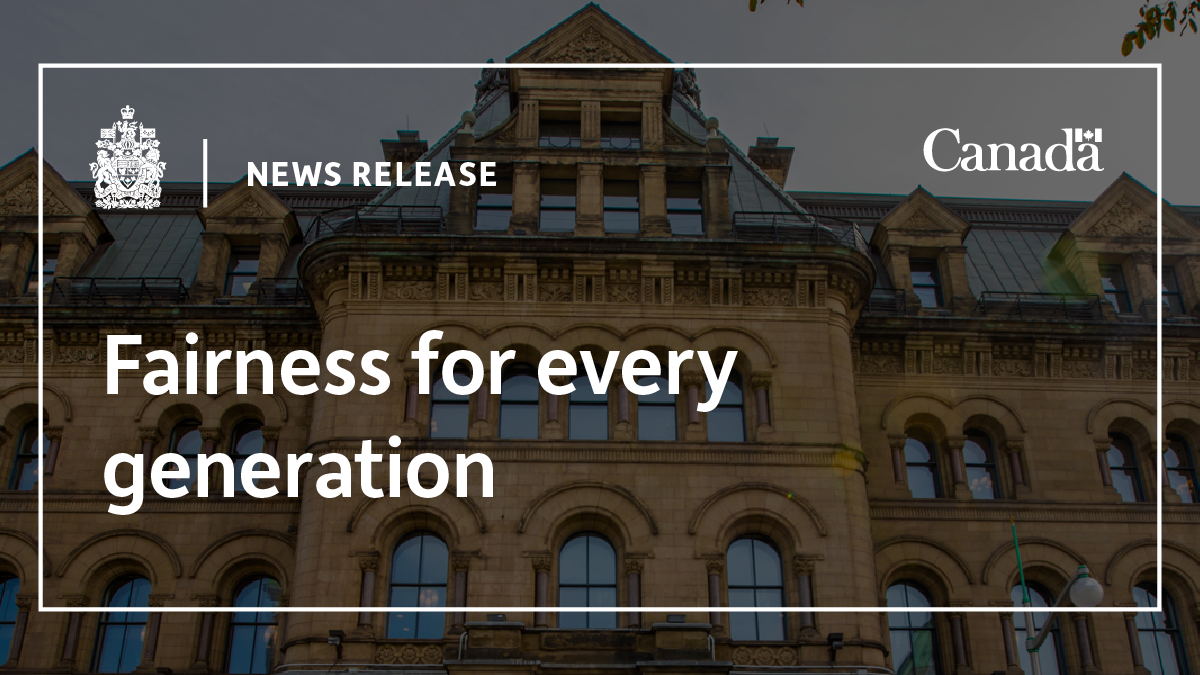This doesn't seem like much until you remember we are talking about $400B in revenue and a $450B budget. That's over $60B in spending.
It seems like lots of money.
I'm not going to say the LPC was wrong to drop OAS qualification age to 65.
They were wrong. The problem w/the scheme to raise the age was that:
1) They didn't raise the age of CPP or the Senior Age and Pension Credits at the same time, so the exercise seemed punitive rather than thoughtful.
2) They didn't reinvest any of the savings in any program for seniors, low income or otherwise, or for any other income transfer or important project. So, again, it same off as pain with no gain.
Raise the age, reivinvest the savings, clearly tie to the two in the public consciousness.
Reset the age for all retirement related programs to more accurately reflect today's life expectancy.
When CPP was created (1966) the average age of death was 72,. So you were expected to die within 7 years of getting a pension. Today that number is 82, so the pension has to last 17 years instead of 7.
Meanwhile, the average age at which people pay in to the program, full-time has increased, as the majority of workers in 1966, began paying in at ~age 16, when dropped out of High School, or at 18, if they finished HS.
Today the majority of the population is doing at least 2 years of post-secondary, delaying full-time pay-in to age 20 or beyond.
Some people clearly need it.
A three-part issue.
1) Reforming the Age for all retirement related programs.
2) Reforing OAS to target better target retirees at or below the middle income level; using at least 50% of savings from a greater clawback to better support low-income retirees.
3) Addressing those who cannot work in their mid 60s or earlier, adversely affected by a bump in retirement age; by funding the Federal Disability Benefit they passed into law last year, but have yet to enact.
The latter item could be medium and long term funded by the additional income and sales tax revenues generated by delaying the retirement age, as well, if you reinvest in a higher CPP benefit w/the age savings, fewer seniors will require OAS/GIS providing financial support for a more generous program for those who do.
Because those savings would be immediate, some other budget cut or tax hike would likely be needed in the short term.







